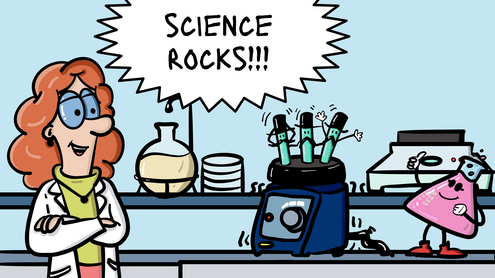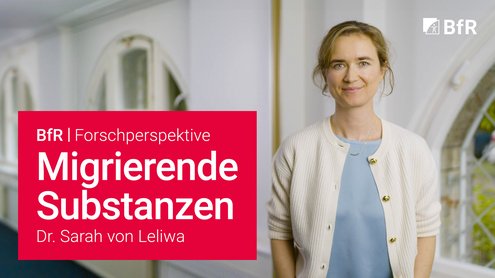
Risiken erkennen - Gesundheit schützen
Wir sind eine wissenschaftlich unabhängige Einrichtung im Geschäftsbereich des Bundesministeriums für Landwirtschaft, Ernährung und Heimat (BMLEH). Unser Institut berät die Bundesregierung und die Bundesländer zu Fragen der Lebensmittel-, Futtermittel-, Chemikalien- und Produktsicherheit und informiert die Öffentlichkeit mit einer transparenten Risikokommunikation. Eine weitere Aufgabe ist der Schutz von Versuchstieren. Wir betreiben eigene Forschung zu Themen, die in engem Zusammenhang mit unseren Aufgaben stehen.
Aktuelles
Unsere Themen
Ob Inhalts- oder Zusatzstoffe, Rückstände, Verunreinigungen (Kontaminanten) oder Keime und Parasiten - auf der Grundlage international anerkannter Kriterien bewertet das BfRkurz fürBundesinstitut für Risikobewertung Lebens- und Futtermittel nach toxikologischen, mikrobiologischen und ernährungsphysiologischen Aspekten.


Informationen zu spezifischen Risikogruppen
Im Mittelpunkt der Arbeit steht der Schutz der Gesundheit des Menschen allgemein und von Risikogruppen im Besonderen.



